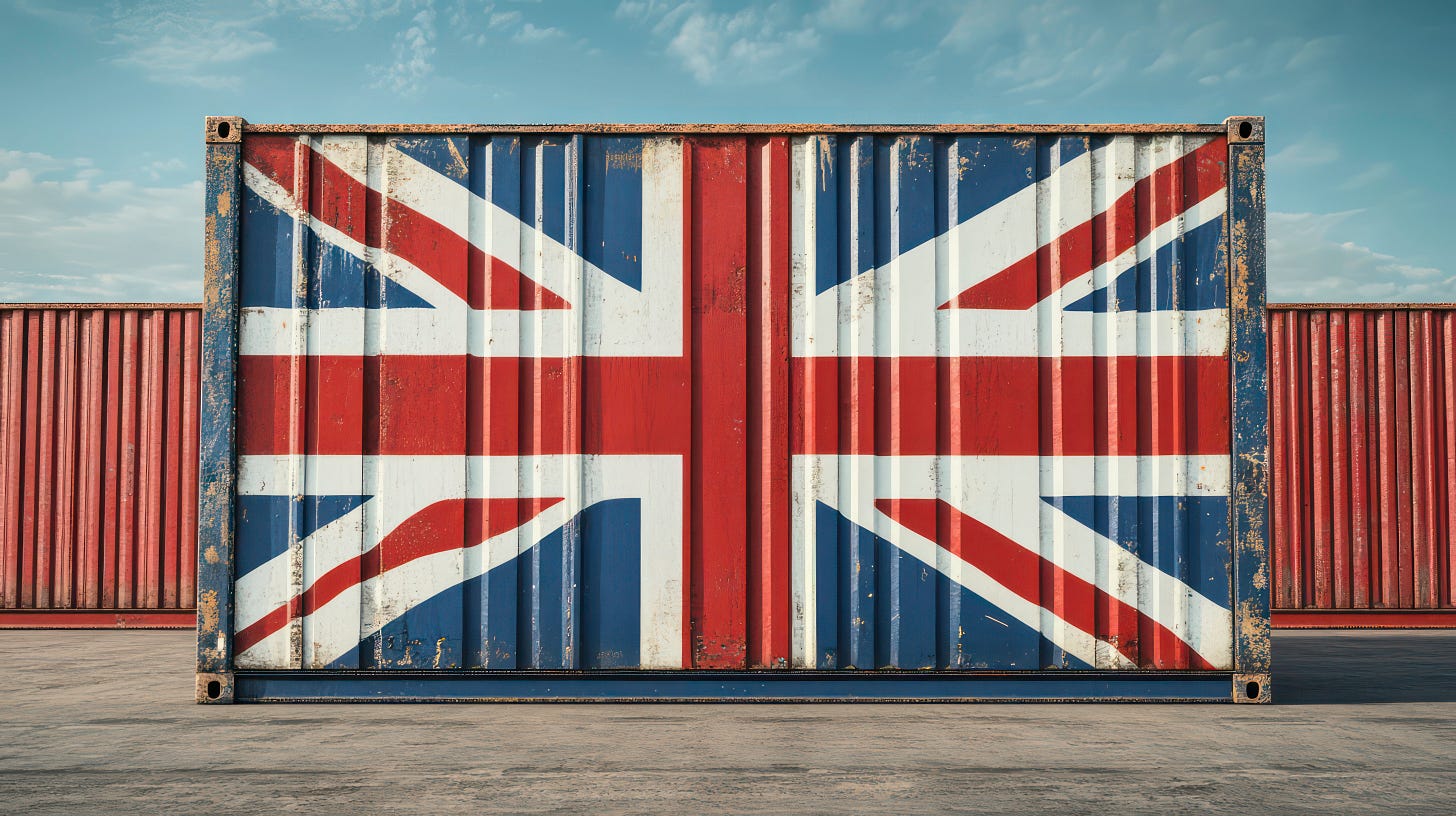Is Britain Losing Control of Its Own Destiny?
As foreign ownership of key industries grows, is it time to rethink some aspects of protectionism
Foreign investors circle Britain’s national assets, snapping up industries and institutions once woven into the country’s identity. Royal Mail is set to fall into the hands of Czech billionaire Daniel Křetínský. This will be the first time in its history that Royal Mail will be controlled by an overseas owner since its inception under Henry VIII. While there have been many takeovers in recent years, this relatively quiet development — there’s a lot of competition in the media — feels particularly significant, both emotionally and culturally. Like the Sussexes, should the Mail be stripped of the ‘Royal’?
Meanwhile, across there is a hullabaloo surrounding US trade tariffs, which have triggered a wave of anti-protectionism sentiments in the media. Among the worries about the economic impact of such policies, there is also a sense of discomfort — perhaps even a little nose-holding distaste — with the nationalism at the heart of protectionism.
But if the US and other countries are moving toward protectionism to shield their industries and infrastructure, should the UK adopt similar measures to protect its national assets?
Free trade is supposed to make us wealthier, but do we feel wealthier? And should we be considering cultural as well as economic wealth?
Royal Mail's shift into foreign ownership is just one of many examples of iconic British institutions now being controlled by overseas investors. This issue is especially pronounced in sectors such as energy, manufacturing, and sports, where long-held national pride is deeply connected to the ownership and operation of these companies. There are too many examples for just one article. But does the sale of British Steel to the Chinese conglomerate Jingye Group, the purchase of Cadbury by the US-based Kraft Foods, and the foreign ownership of Premier League football clubs diminish our national pride and harm our economies?
The UK once prided itself on being a manufacturing powerhouse, with industries such as steel production and engineering leading the world. British trains, once regarded as the finest globally — and invented in here in the first place — were exported across the globe. Now, we don’t even own all our railways, and produce few trains. We have lost control of many of these industries.
The British steel industry was once the backbone of the nation’s manufacturing capacity, providing vital materials for infrastructure and key sectors — along with thousands of jobs. Now, foreign ownership means that decisions about the future of British steel are being made elsewhere. And when those jobs are lost, high streets become empty and morose, there is a loss of personal and civic pride — the heart is lost from the community.
Cadbury had been in British hands for nearly 200 years, and it was not just the product but the history that made the brand so loved. In its earlier days, Cadbury was a pioneer of ethical business practices, led by the Quaker founders who cared for their workers and created one of the original ‘socially responsible’ brands. Its Bournville factory, set within park-like surroundings, was a model of progressive thinking in the late 19th century, offering housing, education, and recreational facilities for employees. We didn’t just sell chocolate; we sold a piece of identity and legacy. We sold part of our national soul.
This cultural and economic erosion is just as acute in football, where foreign investors now own some of the UK’s most iconic clubs. While there are financial benefits for the clubs, does foreign ownership disconnect supporters from the teams they once saw as part of their community? Football clubs are cultural institutions, not just business ventures.
The question of whether the UK needs protectionism is becoming increasingly urgent.




